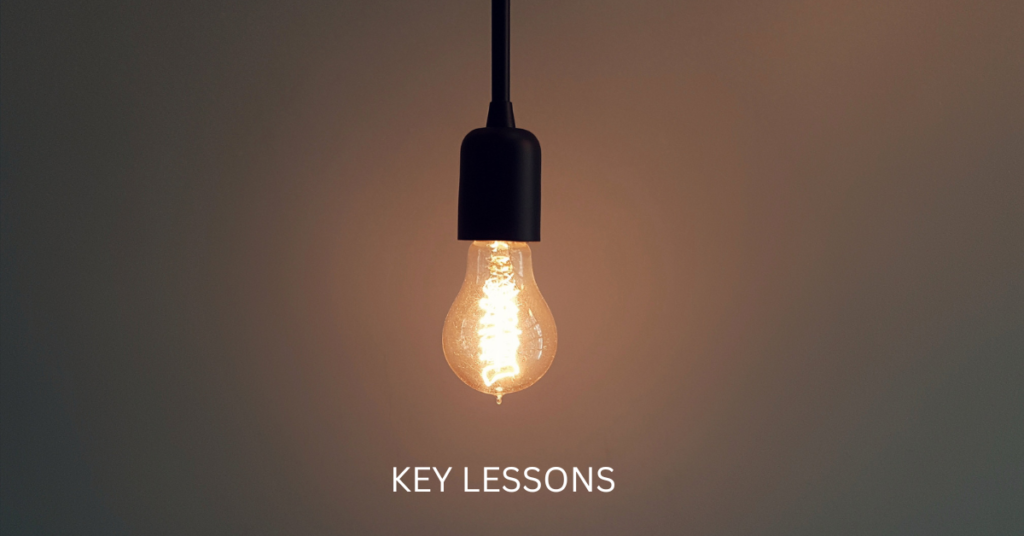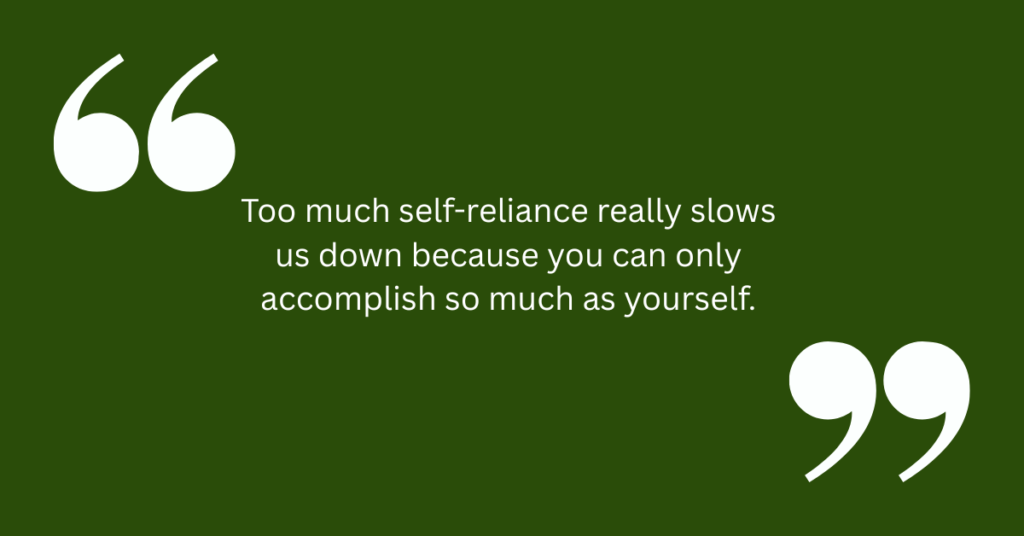Joe Hudson on Why Self-Understanding Beats Self-Improvement
Host: Chris Williamson Podcast
Guest: Joe Hudson – coach, entrepreneur, and podcast host
On a profound episode of the Chris Williamson Podcast, Joe Hudson unpacks the true causes of stress, dissatisfaction, and disconnection in modern life. Rather than blaming external circumstances, Hudson points inward toward repressed emotions, negative self-talk, and a lack of genuine connection.
In what could easily be described as one of the most powerful conversations on self-awareness, Joe Hudson challenges the popular notion of “self-improvement,” and instead offers a more compassionate, sustainable path: self-understanding.
Let’s dive into the key lessons, actionable insights, and top quotes from this enlightening episode.
Key Takeaways from Joe Hudson on the Chris Williamson Podcast

1. Stress Comes from Within
Hudson reveals that most of our stress isn’t caused by traffic jams or workloads but by internal blocks, such as:
• Repressed emotions
• Lack of authentic connection
• Negative self-talk
“Repressed emotions cause a shit ton of stress in humans.”
2. Flip from Self-Improvement to Self-Understanding
Constantly trying to “fix yourself” might be the very thing keeping you stuck. Joe encourages a shift from the hustle of improvement to the compassion of understanding.
“Flip from self-improvement to self-standing.”
3. Embrace it, Don’t Manage Your Emotions
Rather than regulating or suppressing how you feel, fully experience your emotions to reach true clarity.
“You get that emotional clarity through welcoming and loving the emotion.”
4. Connection Over Perfection
Hudson emphasizes that humans crave genuine connection, not perfection. Vulnerability is the bridge to meaningful relationships.
“People don’t want you to be perfect. What they want is to feel connected to you.”
5. Negative Self-Talk Is Learned – and It Can Be Unlearned
The critical voice in your head? It likely came from early childhood messages. Learning to challenge and rewrite, it can free up energy and unlock peace.
6. Too Much Self-Reliance Slows Us Down
Hyper-independence can create isolation. True growth comes when we allow others to support us.
“Too much self-reliance really slows us down because you can only accomplish so much as yourself.”
7. Use the VIEW Framework to Open Your Heart
Joe introduces the VIEW approach:
• Vulnerability: Say what’s scary but true.
• Impartiality: Be with others without managing them.
• Empathy: Connect emotionally while staying grounded.
• Wonder: Stay curious without needing immediate answers.
8. Life Is a Continuous Experiment
There’s no perfect end state only the next step, the next play, the next moment of curiosity.
“There is no way of getting it perfect. There is only play.”
9. Tension is a necessary part of life
10.Defensiveness often reflects inner conflict and shame
11.True empowerment is necessary for fully loving oneself and others
12.Happiness comes from self-understanding, not solely from achievement
While achievement can bring short-term happiness, long-term fulfilment arises from understanding oneself. Hudson quotes that “Happiness is the state where nothing is missing”.
13.Unshakable confidence is rooted in self-worth, not performance
14.Enjoyment enhances efficiency
15. Boundaries are about self-care and stating what you will do, not controlling others
16. Deep peace is the ability to be with agitation without aversion
TOP QUOTES

“Repressed emotions cause a shit ton of stress in humans.”
“Flip from self-improvement to self-standing.”
“You get that emotional clarity through welcoming and loving the emotion.”
“Connection is what humans actually want.”
“Too much self-reliance really slows us down because you can only accomplish so much as yourself.”
“If you’re not being yourself, then the world you create is not for you.”
“Unspoken expectations are premeditated resentments.”
“There is no way of getting it perfect. There is no complete, no finish line, no done,there is simply what’s the next experiment. There is only play.”
“There is no life without tension.”
“You cannot love fully unless you see that you are completely empowered. It is near impossible to love what you think oppresses you.”
“Typically in a relationship, resentment comes from an uncommunicated need or boundary that has been crossed repeatedly.”
“It is not the good times but how you deal with the bad times that predicts the longevity in marriages.”
“Ego is just an identity and so compliments are like one of the biggest ego destroyers if you fully let them in, because it shatters what you think you’re not.”
“Unshakable confidence comes from knowing your worth, isn’t tied to your performance.”
“Happiness comes from understanding yourself. It doesn’t come from achievement.”
“Happiness is the state where nothing is missing.”
“People don’t want you to be perfect. What they want is to feel connected to you.”
Actionable Advice from Joe Hudson

Address repressed emotions by welcoming and loving them.
Instead of trying to stop or manage your emotions, try to fully experience them. This can lead to emotional clarity and understanding. For example, instead of suppressing anger, recognize it and explore what boundaries it might be pointing to.
Prioritize genuine connection with others.
Actively seek to connect with people authentically. Remember that connection is a fundamental human need and is crucial for well-being and problem-solving.
Challenge negative self-talk.
Become aware of the critical inner voice and recognize that it often stems from past experiences. Work towards changing this voice, understanding that constant self-criticism is detrimental and consumes energy. Shift from self-improvement (which can feel like more abuse) to self-standing through self-understanding.
Practice self-understanding over relentless self-improvement.
Focus on understanding your own motivations, emotions, and patterns rather than constantly trying to fix perceived flaws. Positive change can arise naturally from this self-awareness.
Soften up and open your heart using the VIEW framework.
Utilize vulnerability (saying the scary thing), impartiality (being with others without trying to manage them), empathy (emotionally being with others while staying grounded in yourself), and wonder (curiosity without needing immediate answers) to foster connection and process emotions healthily.
Allow yourself to mourn and grieve fully.
When experiencing loss or disappointment, permit yourself to feel the grief. This can increase your capacity for love and lead to valuable insights.
Reframe fear as excitement.
When feeling fear, try saying “I’m excited” repeatedly, as these emotions have close neurological connections and this can shift your perception. Recognize that some fear might be type two fear, the fear of stepping into a bigger room, rather than fear of physical danger.
Embrace imperfection and see life as a continuous experiment.
Accept that there is no perfect end state and that life is an ongoing process of learning and play. Avoid getting stuck in the pursuit of an unattainable ideal.
Welcome tension in life.
Understand that tension is a natural part of life and that peace comes from being with it rather than trying to eliminate it.
Address defensiveness by acknowledging truth, feeling underlying emotions (like shame), and calming your nervous system.
When you feel defensive, try to find the truth in what is being said, allow yourself to feel any shame or other emotions beneath the defensiveness, and ground yourself through sensory awareness. Recognize that defensiveness often reflects an internal resonance with negative self-talk.
Practice “holistic selfishness” by doing what is deeply right for yourself. Understand that taking care of your own needs authentically can also benefit others and lead to more genuine compassion. This might involve saying the hard truth.
Show up bravely and vulnerably in the world.
Say what is important to you, even if it feels scary, as this can deepen connections and prevent resentment.
Communicate your expectations openly to avoid resentment.
Unspoken expectations often lead to resentment.
Focus on conflict repair in relationships.
Recognize that the ability to navigate conflict and repair ruptures is crucial for the longevity and health of relationships.
Work towards feeling empowered to love fully.
Recognize that it’s difficult to love what you perceive as oppressive. Strive for a sense of personal empowerment to enhance your capacity to give and receive love.
Receive compliments fully.
Allow yourself to take in positive feedback without dismissing it. Fully receiving compliments can challenge negative self-perceptions.
Practice dissolving the sense of a fixed self through practices like meditation or deep connection.
Understanding that “you” are not just your thoughts or wants can be liberating.
Prioritize connection over perfection in your interactions.
People value feeling connected to you more than you being flawless. Embracing your fallibility can actually increase likability and trust.
Cultivate unshakable confidence by knowing your worth is inherent, not tied to performance. Your value as a person is not dependent on your achievements or avoiding mistakes.
Increase efficiency by focusing on enjoyment.
When you enjoy what you are doing, you use less energy, leading to greater efficiency and capacity. Learn to find enjoyment in various tasks, even mundane ones.
Set healthy boundaries that are about self-care and stating what you will do, not controlling others.
Effective boundaries open your heart and focus on your actions in response to others’ behaviour.
Strive for deep peace, which is the ability to be with agitation without aversion. Accept and allow all emotions, even those that seem negative, without resisting them. Resistance is what often causes pain.
Thoughts
Sometimes there are no thoughts, just take it easy lad.
Learn more lessons from briefstart
The Psychology of Money and Happiness.
How to find Purpose: Robert Greene’s Life-Changing Insights on Huberman Lab podcast
How to Reprogram Your Mind for Transformation and Healing: DR. Joe Dispenza
Book mentioned here
Trying Not to Try by Edward Slingerland.https://amzn.to/4j5hxmI
watch the full episode https://youtu.be/p8ZhcYoW43s?si=wtpd1vw1qAjhoq2i
